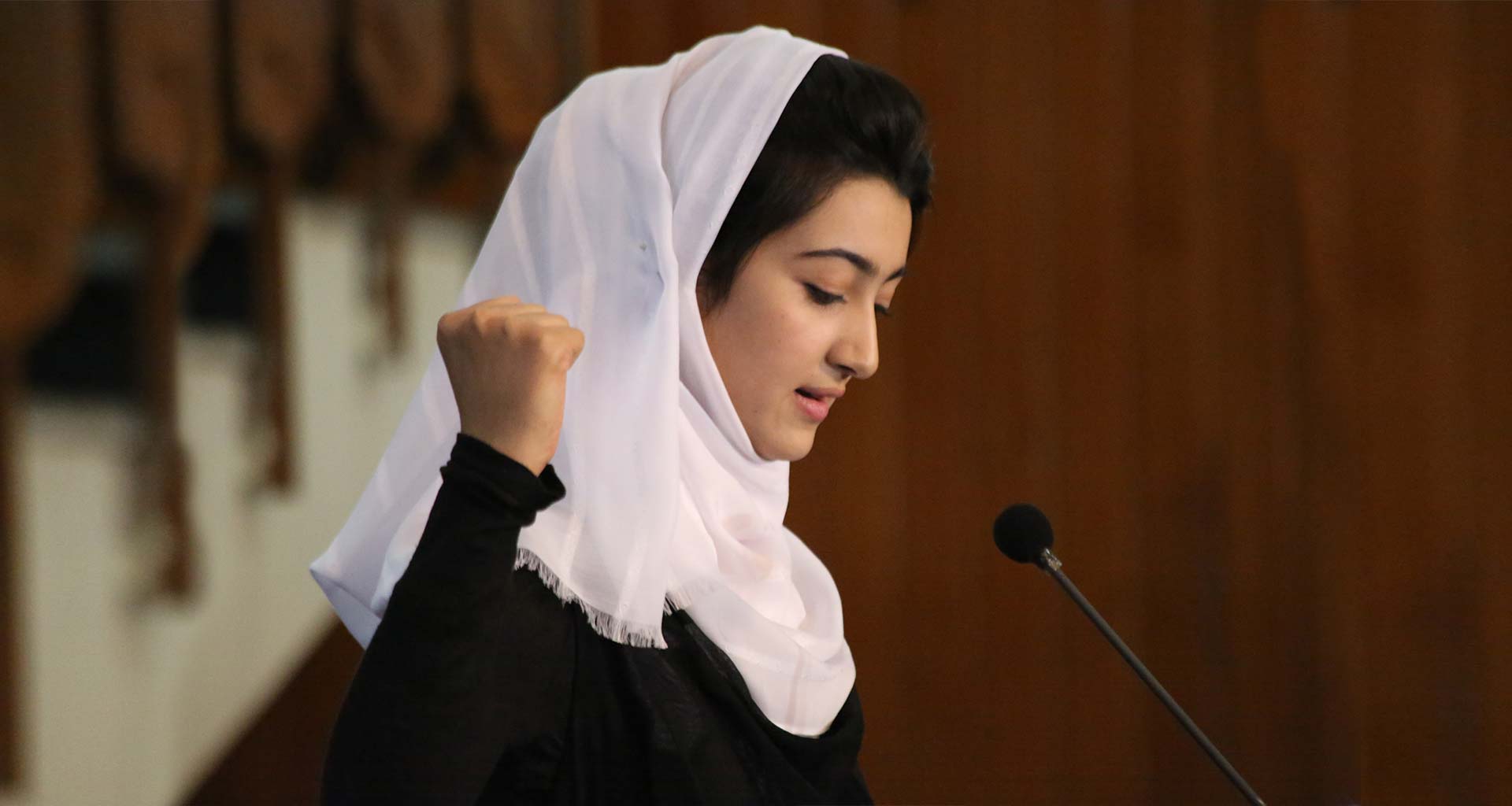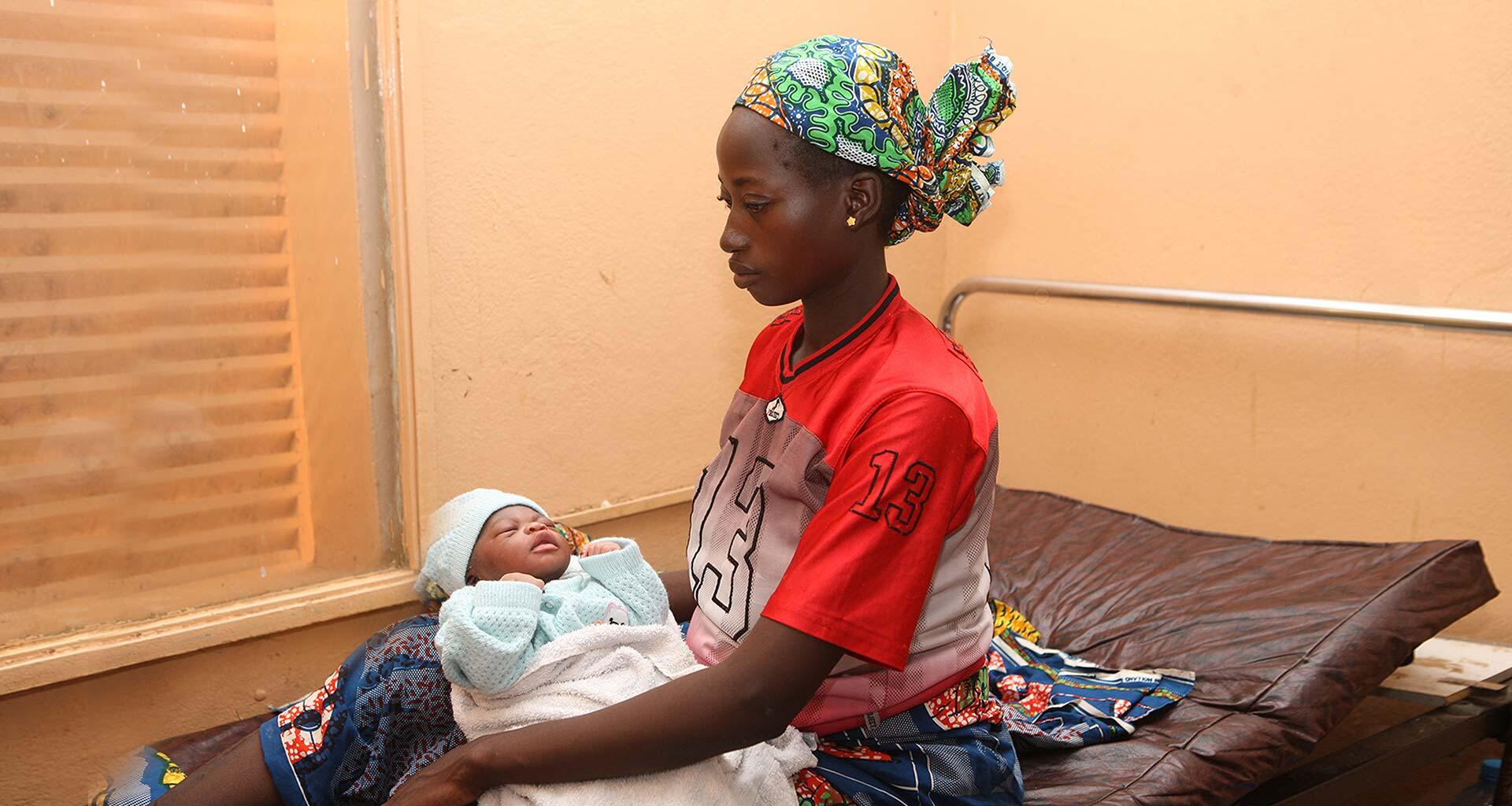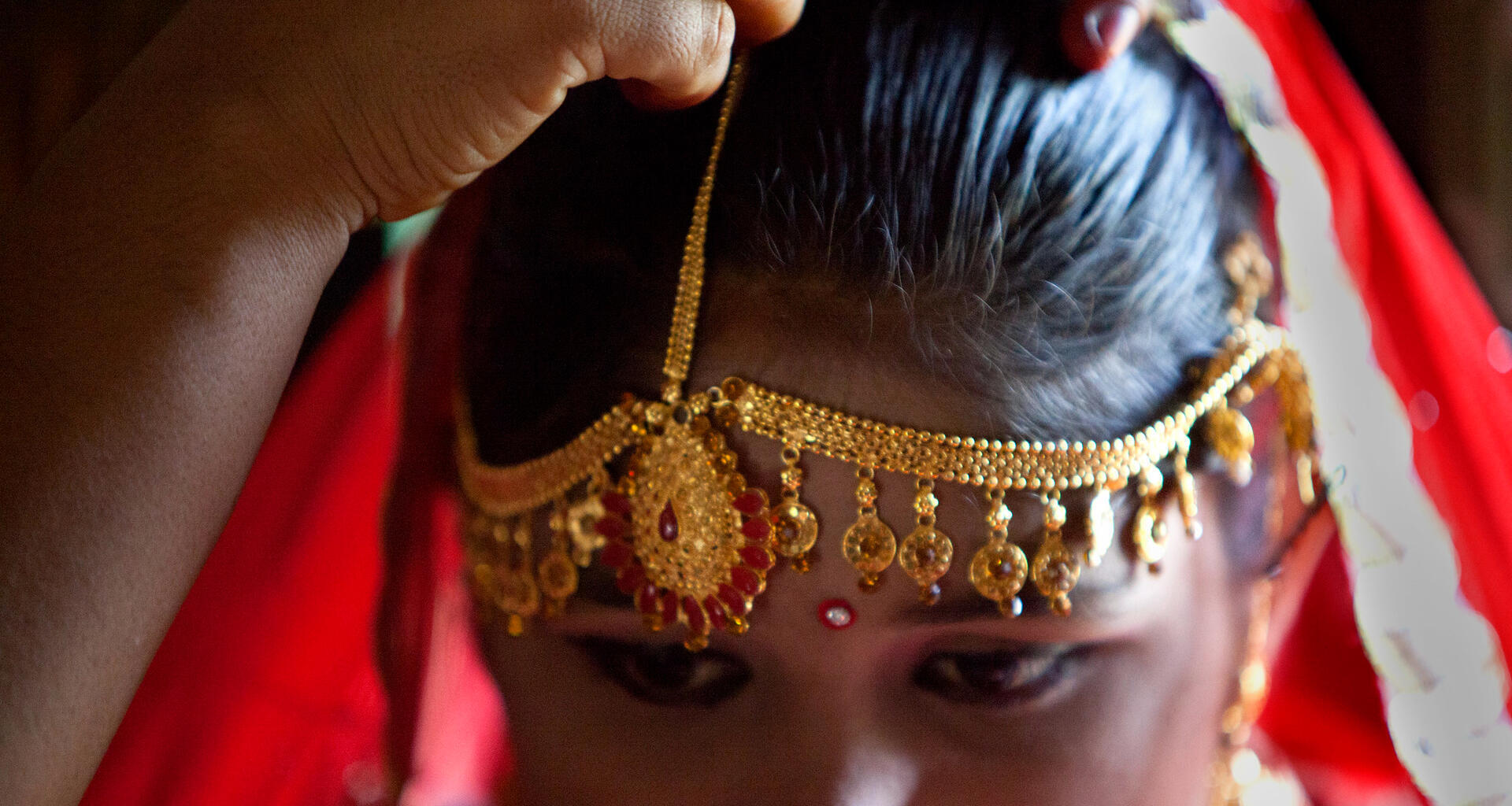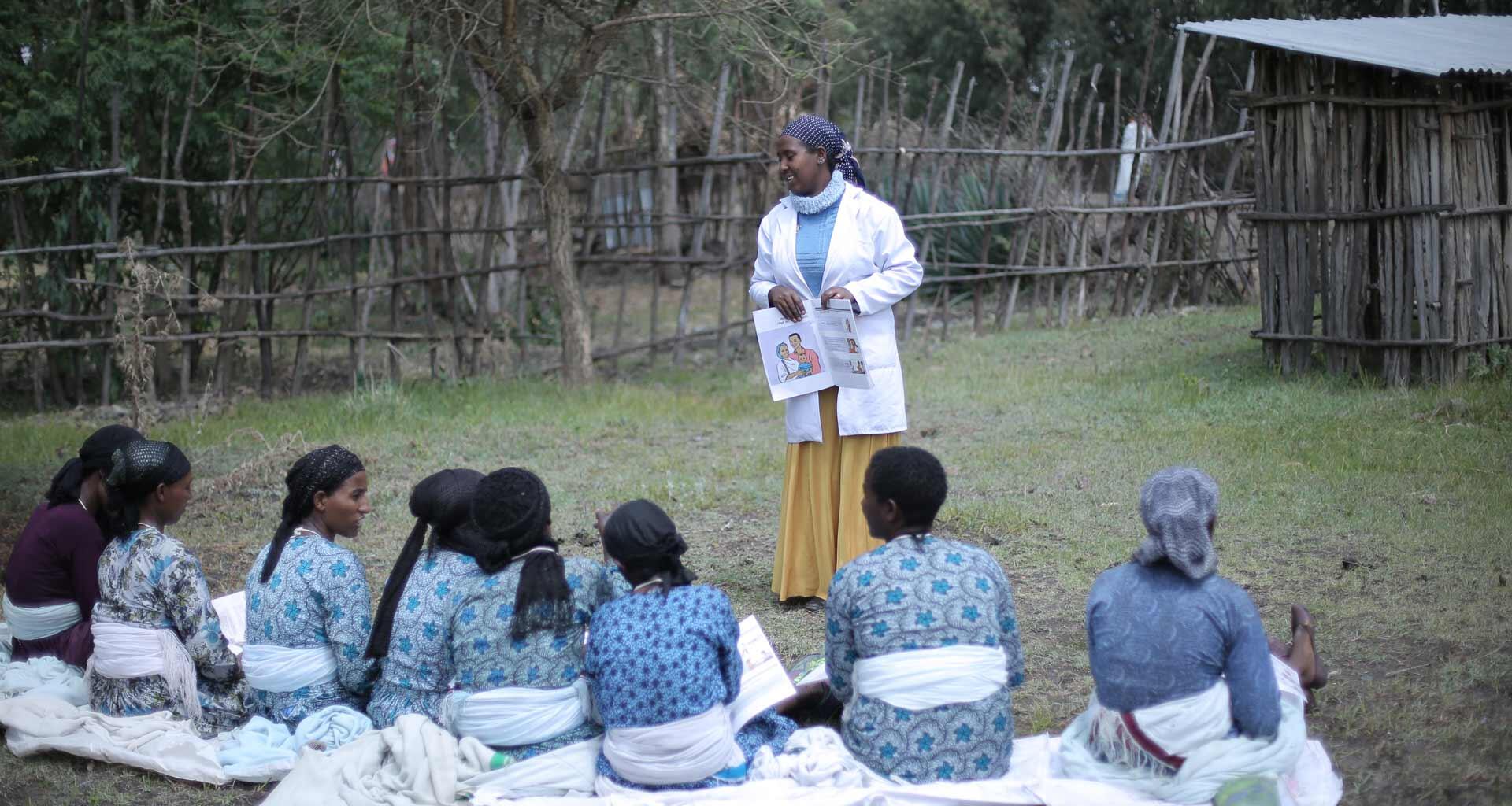Today's generation of young people is absolutely massive: Some 1.8 billion people are between ages 10 and 24. Most of them live in developing countries, often comprising a huge proportion of the population. How well they navigate adolescence will determine not only the course of their own lives, but that of the world. Yet too many youth are unable to participate fully in society. Around 175 million young people in low-income countries cannot read a full sentence. Among those aged 15-24, some 500 million live on less than $2 a day, and over 73 million are unemployed. For girls, the barriers to participation are even higher. But when empowered and given the right opportunities, youth are effective drivers of change. UNFPA partners with young people, helping them participate in decisions affecting them, and strengthening their ability to advance human rights and development issues such as health, education and employment.
Making adolescents and youth a priority
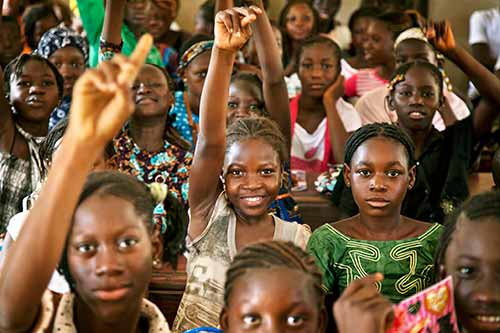
Young people are too often excluded by decision-makers – to the detriment of youth themselves and future generations.
To empower young people and to enable them to become drivers of change, UNFPA aims to:
- Understand the conditions facing vulnerable, marginalized adolescents, using data from censuses, demographic and health surveys, and other sources;
- Bring together governments, civil society, donors, the private sector and youth-led organizations to advocate for more investment in young people as a development priority;
- Build the skills of young leaders and involve young people and youth-led organizations in policymaking and programming;
- Support independent, effective and sustainable organizations led by young people, especially marginalized adolescents, to advocate for their human rights and development priorities.
A seat at the table
Promoting youth leadership and participation is key to UNFPA’s work. Our efforts enable young people to develop the skills, knowledge and support needed to make informed decisions about their bodies, lives, families, communities, countries and the world.
UNFPA engages young people in its work, and advocates for youth engagement in the work of others. Just as importantly, UNFPA provides financial and technical support to adolescents and youth who are in the process of building networks and organizations to advocate for their human rights. The inclusion of youth from diverse backgrounds and identities, particularly the disadvantaged and marginalized, is prioritized.
UNFPA also promotes the meaningful participation of young people in international settings where issues relating to them will be discussed. Many of the youth networks UNFPA supports have been effective advocates for youth issues in international and regional forums.
Y-Peer
Y-Peer, the Youth Peer Education Network, is a ground-breaking and comprehensive youth-to-youth initiative, supported by UNFPA, consisting of more than 500 non-profit organizations and governmental institutions. Its membership includes thousands of young people working in many areas, including those involving adolescent sexual and reproductive health.
Y-Peer also builds partnerships between young people and adults by advocating for policies and services, such as: national youth development strategies; increased access to information, knowledge, and services on sexual and reproductive health; and the sharing of lessons learned across borders and between cultures.
Y-Peer Country Networks are designed by and for young people. The network, which is constantly expanding, consists of youth from Central and Eastern Europe, Central Asia, the Middle East, and North and East Africa. More recently, it has also expanded into the Asia-Pacific region.
Focus on adolescent girls
Girls and young women rarely have opportunities to act as leaders or as advocates. There are more than 500 million adolescent girls currently living in developing countries, and one in three of them is married before age 18.
In the least developed countries, just 63 per cent of girls complete primary school and just 29 per cent enrol in secondary school. Girls and young women face high risks of having poor sexual and reproductive health and of being subjected to violence or exploitation.
UNFPA encourages the participation and leadership of marginalized girls through a variety of programmes, including Action for Adolescent Girls. This initiative connects girls to resources and opportunities, and builds their agency, so that they can protect themselves. As part of the initiative, which is being rolled out in 15 countries, many girls participate in community conversations, voicing their concerns and ideas about issues affecting them. Some of them have emerged as champions in their communities, speaking out against harmful practices such as child marriage, and advocating for human rights.
Youth and the Sustainable Development Goals
The unprecedented number of adolescents living today – particularly in countries most in need of development – means that this generation will largely drive the outcomes of all the Sustainable Development Goals. They will also be the ones who have to live with the results. Investing in their education, health and livelihoods, and in organizations, initiatives and partnerships led by youth, will be critical to achieving every one of these goals.
Updated 30 August 2017.
